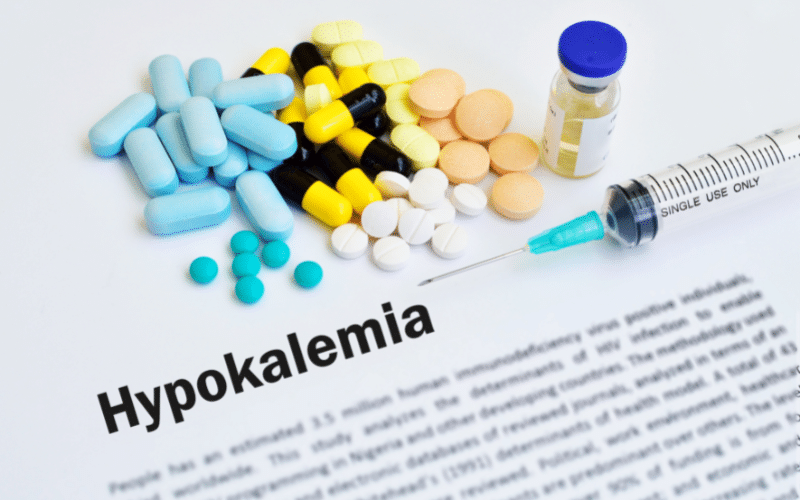Introduction: The Hidden Dangers of Hypokalemia
Hypokalemia is a medical condition that is often overlooked yet has the potential to cause severe health issues. Characterized by a low level of potassium in the blood, hypokalemia can affect people of all ages and backgrounds. Potassium is an essential mineral that plays a crucial role in maintaining the balance of fluids in the body and regulating various bodily functions, such as nerve and muscle activity. When potassium levels drop dangerously low, it can lead to a myriad of health complications, some of which can be life-threatening.
This comprehensive guide aims to shed light on the top 20 dangerous hypokalemia symptoms that you should be aware of, so you can take the necessary steps to protect your health and well-being. It is vital to understand the potential consequences of this condition and recognize the symptoms early on, as timely intervention can prevent further complications and improve the overall prognosis.
In addition to discussing the various symptoms of hypokalemia, we will delve into the possible causes, risk factors, and available treatment options. We will also provide insights on how to manage the condition effectively and maintain optimal potassium levels, ensuring a healthier and more balanced life.

By understanding the importance of potassium in the body and the potential dangers of hypokalemia, you can take proactive measures to maintain your health and well-being. So, let’s explore the top 20 dangerous hypokalemia symptoms that everyone should know about.
1. Muscle Weakness and Cramps: The Silent Struggle of Hypokalemia
Muscle weakness and cramps are among the most common symptoms of hypokalemia. Potassium plays a vital role in muscle function, and low levels can cause muscles to become weak, stiff, or crampy. This can make it difficult to perform everyday tasks and may even lead to falls or injuries. (1)

When potassium levels are low, nerve signals that control muscle contractions may be disrupted, resulting in muscle weakness or spasms. This can manifest as difficulty lifting objects, climbing stairs, or even maintaining proper posture. Over time, these symptoms can significantly impact an individual’s quality of life, making it essential to recognize and address the issue as soon as possible.